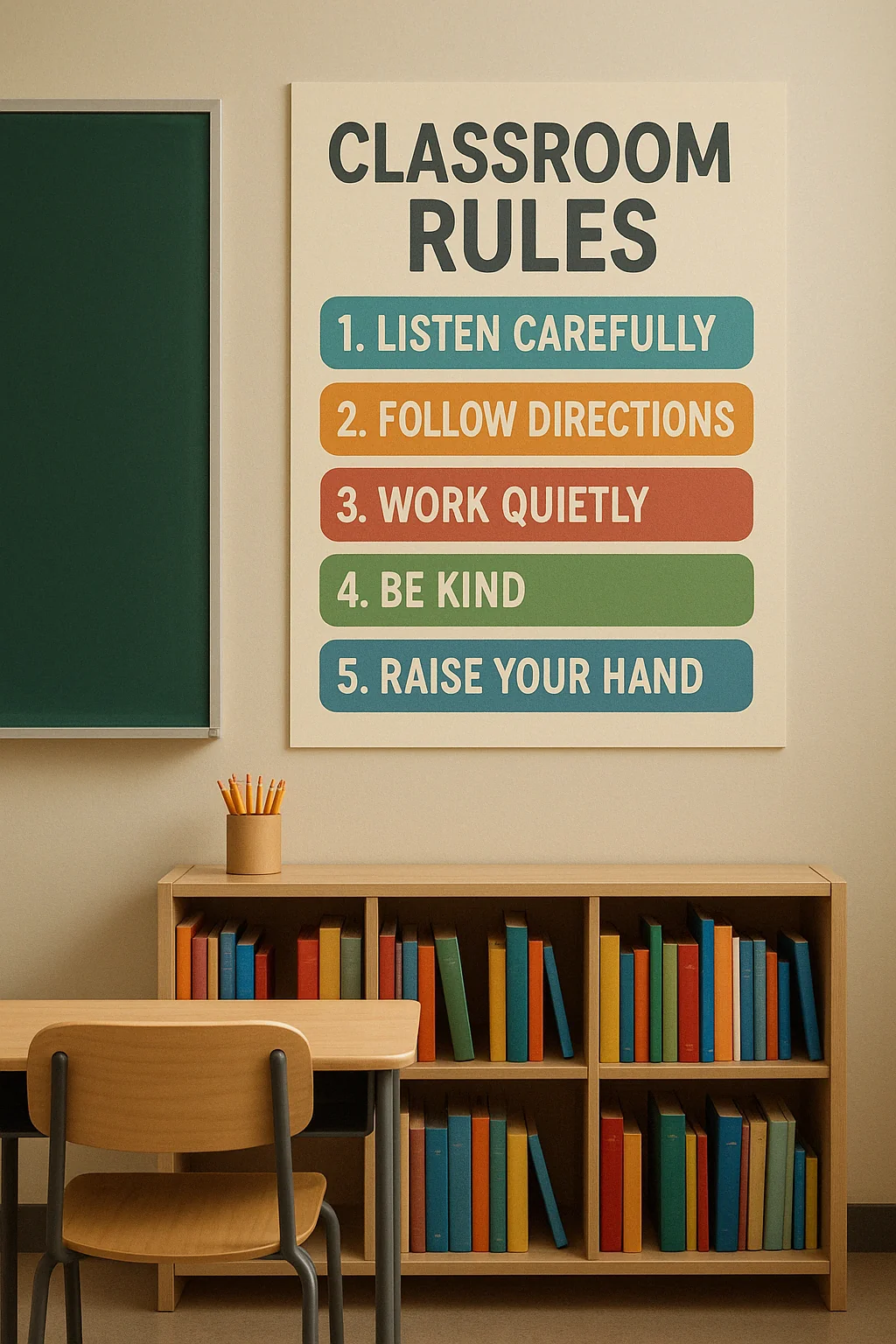Answers For [Forecast Q2-2025] - Project on Classroom Management
Answers and detail explain for [Forecast Q2-2025] - Project on Classroom Management
Explain
[Forecast Q2-2025] - Project on Classroom Management

Joy: Hi, Tim! I thought you'd never get here. We still have so much of our classroom management project to complete; I don't know how we'll get it done!
Tim: Take it easy, Joy. Our results for this course won't be high enough if we rush to finish.
It's our final assignment for the semester. We don't have any other projects to do, so we can focus on this.
Joy: 1I'm not worried about my results. But we need to finish it, because part of the project is to implement the results of our research and make the classroom a better learning environment.
If we don't start soon, we'll run out of time, you know the semester will finish next month.
Tim: That's true. What do you think of the theory chapter in our textbook? I don't think we should bother with it.
Joy: Are you saying that because you find the theory in that chapter too difficult to understand or is the chapter just too long?
Tim: 2Neither. My real issue is that it doesn't have much bearing on the subject we're researching.
Our project is on classroom management, not on company structuring.
Joy: There are parallels though: we're learning about management and structure for careers in business management. This classroom-based project is just a training-ground.
Tim: Maybe. Anyway, last time we were considering the benefits of a discussion board in each home-group room. What have you come up with?
Joy: The role of the discussion board is for sharing ideas—each of us can learn from what others have done before us.
3I thought, instead of the students merely stating what textbooks they think will be beneficial, it would be more useful to document what they've already studied and the reactions they had to the material.
Tim: In that way others can find books that will further their own research. That's great!
Joy: What about you? How have you been getting on with your analysis of classroom structure?
Tim: I've been thinking about what we should discuss in our essay on that topic.
Tim: The teacher's role has been discussed in previous research papers, as has the important relationship between teachers and their students.
Tim: 4But I haven't come across much research on the place an individual student holds in the classroom. So this is what I want to talk about.
Joy: That could be a controversial topic. The roles have slowly evolved.
Joy: Traditionally, the teacher dominated the classroom.
Joy: Now the general idea is that the teacher is a mentor to guide student learning, rather than telling them what to do.
Tim: I agree. It places the students on a more equal footing with the teacher, so the students have more respect for their teachers.
Tim: Should we conduct interviews with the teachers regarding this developing interaction?
Tim: t's not required that we do it—we could interview the students instead.
Joy: 5I was considering it, but I think it may be difficult for many of the teachers to find the time.
Joy: I tried to have a discussion with some of the professors, but they were all tied up with marking the first-year students' exam papers and suggested I come back in a week or so.
Tim: Hmm…If that's the case, we'd better not bother them.
Tim: What about this last research question about the factors that contribute to successful learning outcomes?
Joy: Well obviously, classroom management comes into it.
Joy: I think for students, it's impossible to gain the full benefits of studying without it.
Joy: 6In fact, I'd say it is the single most important factor of success in learning.
Tim: I agree, but I think feedback is pretty important, too.
Tim: 7There has to be a real dialogue going on between teachers and students and constructive criticism is essential to students' progress and development.
Joy: True, and I've been thinking about the shift in roles in recent years, but the essentials are still the same.
Joy: 8For instance, effective lesson planning is pretty fundamental. Teachers have the responsibility to do it properly.
Tim: I agree, that is a requirement for every teacher.
Tim: I believe that each student learns at his or her own pace.
Tim: 9Some students may need individual tutoring.
Tim: 9I think it should be a matter of choice, though, as it doesn't work well for everyone.
Joy: You are right. I'd like to see more supervision in the lab, too.
Joy: Some of the students need a lot more help than they're getting.
Tim: Yes, that's true. And it would also be beneficial if students had more access to technology.
Tim: 10Nowadays, students and teachers can use few simple clicks with a computer to finish something that might take them hours or even days in the past.
Joy: I agree. Even though funding technology can be expensive, it pays in the long run.
Tim: I am not sure. We can record it in our research though, as a recommendation.
Questions 1-5
Choose the correct letter A, B or C.
1Joy wants to finish this assignment soon because
A.
B.
C.
2Why does Tim want to ignore the theory chapter in their textbook?
A.
B.
C.
3Joy thinks that on the discussion board students should post
A.
B.
C.
4What does Tim want to discuss?
A.
B.
C.
5Joy and Tim decide not to interview the teachers because
A.
B.
C.
Questions 6-10
What comment do Tim and Joy make about each of the following factors involved in successful learning outcomes?
Choose FIVE answers from the box and write the correct letter, A-G, next to Questions 6-10.
CommentsA. It needs funding. B. It is necessary for progress. C. It needs better supervision. D. It is a basic requirement. E. It should be optional. F. It saves time. G. It is the key to success. |
6
Correct answer: G
7
Correct answer: B
8
Correct answer: D
9
Correct answer: E
10
Correct answer: F
![[Forecast Q2-2025] - Biology lecture](https://static.helik.app/reading/8fd3d7d2-ccf9-47a3-8920-2e7a3b0d6607)
![[Forecast Q2-2025] - Living in the City](https://static.helik.app/reading/1a60bcf3-f3a7-4e9b-97a2-94d156a0de3b)
![[Forecast Q2-2025] - Student Union](https://static.helik.app/reading/fb443123-8c1d-447e-8c79-5a01650f4754)
![[Forecast Q2-2025] - Fruit-picking Job in an Orchard](https://static.helik.app/reading/e1968346-6c55-44ae-b8d3-f6a4fb7207b9)
![[Forecast Q2-2025] - University Crime Prevention](https://static.helik.app/reading/bdda593e-16d6-4c72-8a12-b116e917b27c)
![[Forecast Q2-2025] - Business Course](https://static.helik.app/reading/3308e282-99a6-4bcb-9d22-0b488701d968)
![[C20T1] - Choosing a restaurant](https://static.helik.app/reading/e9b21123-c43c-42fb-88b7-5d0be3a37e03)
